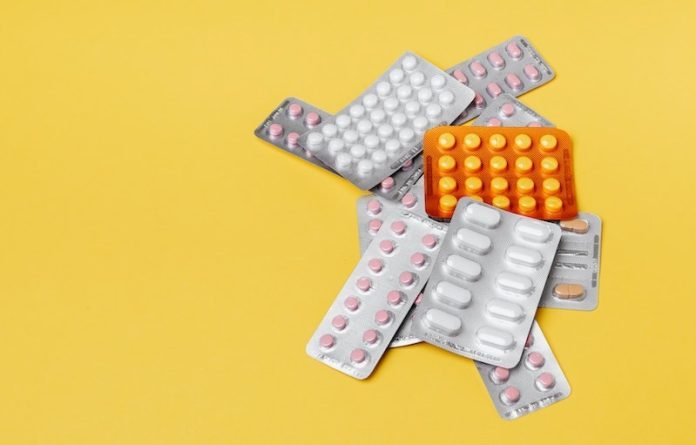
Vaccination can provide life-saving protection against COVID-19.
But scientists are still searching for ways to treat severe infections, including in people who cannot get vaccinated or in the event that dangerous new strains of the virus arise that could bypass vaccine protection.
In a study from the Keck School of Medicine of USC, scientists found a protein called GRP78, implicated in the spread of other viruses, plays a big role in the spread of COVID-19.
They showed that blocking GRP78, or inhibiting its activity with a newly targeted drug, greatly reduced the replication of SARS-CoV-2.
The research suggests this drug could potentially offer a new type of protection against COVID-19, one that might remain effective even as new strains develop.
But questions remained about whether GRP78 is “necessary and essential” for SARS-CoV-2 replication inside human lung cells.
Examining human lung cells infected with SARS-CoV-2, the team found that as the viral infection intensifies, the infected cells produce higher levels of GRP78.
The team suppressed the production of the GRP78 protein in human lung epithelial cells, without interrupting other cellular processes.
When those cells were later infected with SARS-CoV-2, they produced a lower amount of the viral spike protein and released much less of the virus to infect other cells.
Then the researchers tested a recently identified small molecule drug, known as HA15 on the infected lung cells. This drug, developed for use against cancer cells, specifically binds GRP78 and inhibits its activity.
They found that this drug was very effective in reducing the number and size of SARS-CoV-2 plaques produced in the infected cells, in safe doses which had no harmful effect on normal cells.
The researchers then tested HA15 in the body of mice that were genetically engineered to express a human SARS-CoV-2 receptor and infected with SARS-CoV-2, finding that the drug greatly reduced viral load in the lungs.
These and other GRP78 inhibitors are now being tested as treatments for both COVID-19 and cancer. These drugs may also prove useful for treating future coronaviruses that depend on GRP78 for entry and replication.
If you care about COVID, please read studies about the cause of post-COVID syndromes, and how vitamin B may help fight COVID-19.
For more information about COVID, please see recent studies about rare blood clots after COVID-19 vaccination, and new therapy from bananas may help treat COVID-19.
The study was conducted by Amy S. Lee et al and published in Nature Communications.
Copyright © 2022 Knowridge Science Report. All rights reserved.



